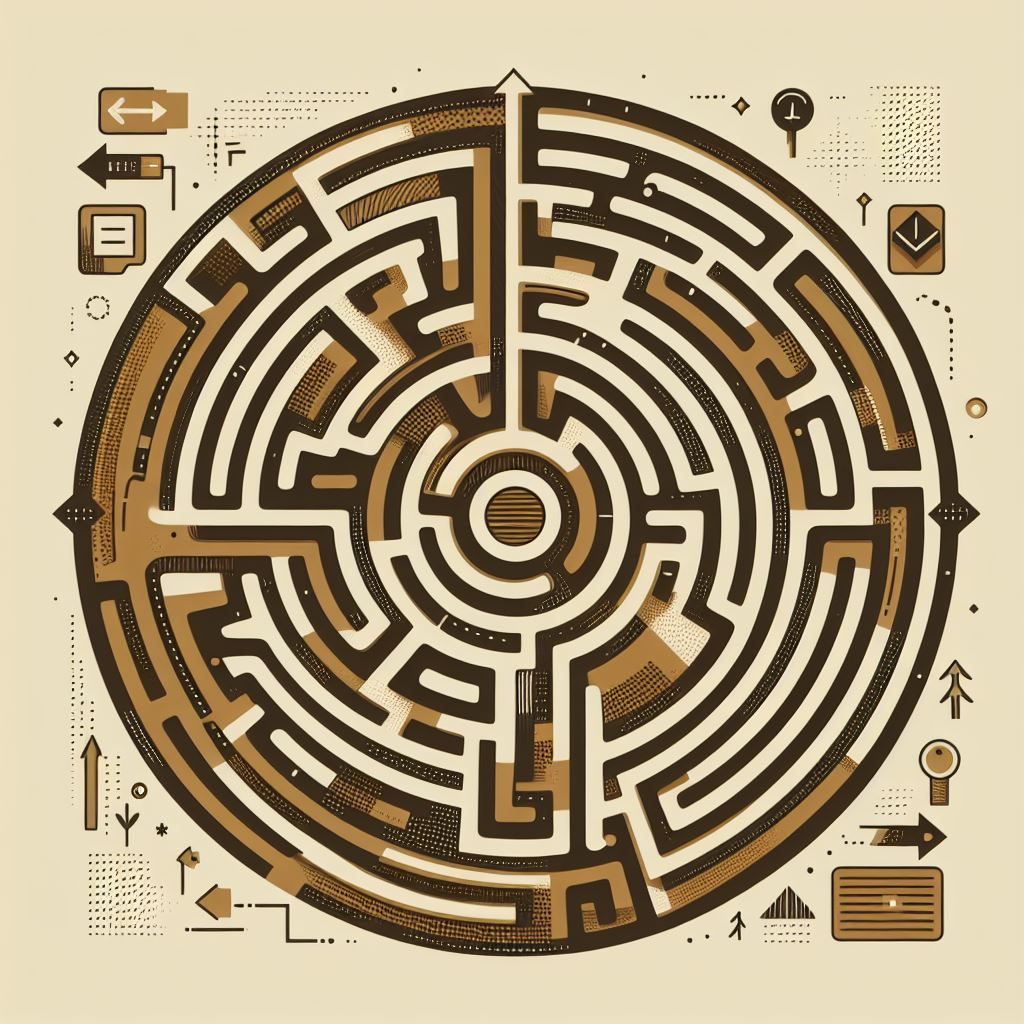
Trial-and-error is one of the most useful forms of learning. When we make an error, or fail at something, we give ourselves an opportunity to analyze that failure, make a change, and then try again.
In a world filled with uncertainty and unpredictability, we are bound to go through unforeseen rough patches throughout our life, whether it be at work, at home, or in our relationships.
This is because our minds are imperfect. We can’t account for all the factors that contribute to the outcomes in life. So sometimes it’s necessary for us to go through the pain of trial-and-error before we know the right path to take in life. It would be rare to always get everything right on our first try.
In many ways, trial-and-error is the only form of learning we really have. When we make an error, or fail at something, we give ourselves an opportunity to analyze that failure, make a change, and then try again. This process repeated over time is the only real, effective way we have to learn more about our world and solve problems in our life. It’s the engine of science. And it’s also the engine of self-improvement.
This post covers the key reasons we need trial-and-error in our life.
You don’t have perfect knowledge
I mentioned this before, but it’s worth reiterating again: you don’t have perfect knowledge of how the world works. Understanding this takes some humility, but it’s worth it because it makes you smarter about how to approach life.
The Greek philosopher Socrates believed knowing what you don’t know was one of the most important steps toward true wisdom. And even with all the knowledge we have today, it’s still true.
As powerful as our minds can be, they are limited. No single mind completely understands how the universe works. At best, we only have pieces of the puzzle. Don’t make the mistake of thinking you know everything.
Because our knowledge is imperfect, we need to sometimes endure the pain of trial-and-error before we can better understand something.
What works for one person may not necessarily work for you
Parents, teachers, and experts can be a great source of knowledge and inspiration, but only learning through them can have its disadvantages.
While we share many commonalities with other people, the truth is we also have our differences, such as in our genes, upbringing, culture, and personal values. Due to each person’s individuality, what works for one person may not necessarily work for you.
It’s important to keep this in mind. Teachers and experts can be helpful guides at best, but you can’t expect them to have all the answers for you. In the end, it’s still up to you to “get your feet wet” before you actually learn how to swim.
Experience is one of your best teachers
Sometimes no matter how many books and articles you read, or how many people you seek advice from, the only real way to learn is to experience it for yourself.
Seeking new experiences is a form of trial-and-error. When trying something new it’s not guaranteed that you will enjoy it – you may even hate it. But by being more willing to try new things, you can learn more about yourself and what you really like or don’t like.
Often there are times where you may not think you’ll like something, but once you get into it you find out it’s actually really fun. Other times you may think you’ll love something, but then you find out it’s not what you expected.
For example, some people go through several years of medical school before they realize they don’t actually want to be a doctor. It’s a painful thing to come to terms with – lots of time, effort, and money down the toilet. However, it’s often better to recognize the “error” and change your behavior, rather than commit yourself to a life of misery.
This is an extreme example of the pain of trial-and-error, but it happens. Often people need to experience the wrong paths every now and then before they can truly find themselves. That’s a part of self-discovery that many people don’t like to confront.
Real-world examples of trial-and-error
Here are the most common applications of trial-and-error that we may use throughout our lives:
- Dating multiple boyfriends/girlfriends before finding the right one.
- Trying out many jobs before choosing a career path to pursue.
- Spending time in different neighborhoods before choosing a new place to live.
- Experimenting with different hobbies before discovering a passion of yours.
- Listening to different types of music to find what you enjoy most.
- Eating different foods to see what fits best in your diet.
- Approaching a personal problem from multiple angles.
- Taking part in different sports and physical activities to see which you like best.
The more you’re willing to try new things, and occasionally make mistakes, the better you will understand yourself and improve your life in the long-run.
Enter your email to stay updated on new articles in self improvement:
